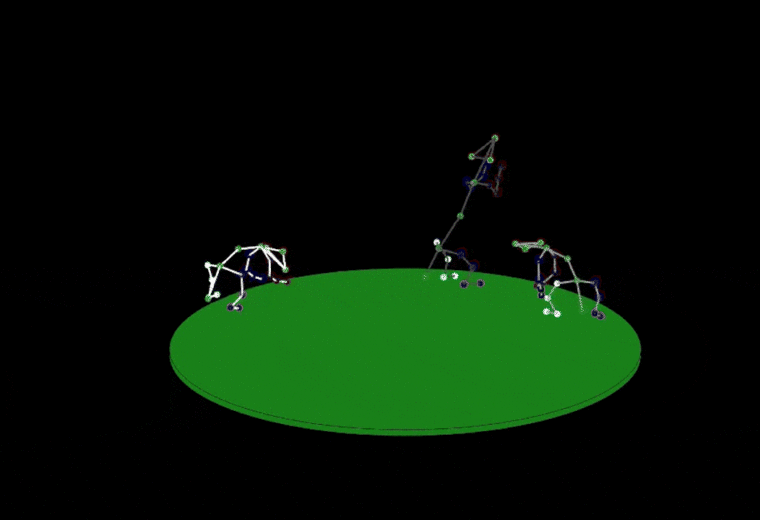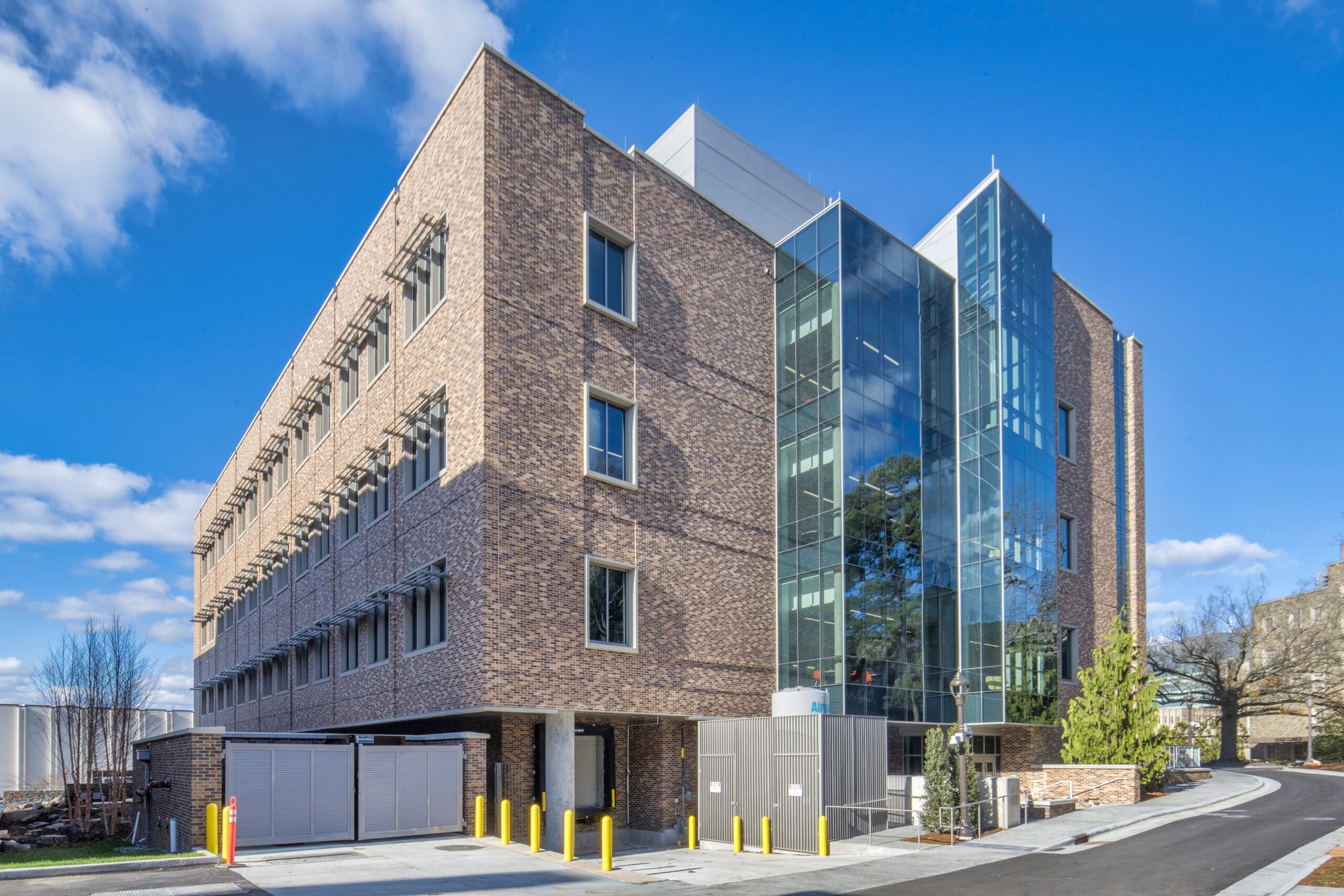New Center Brings Technological Advances to the Future of Health Care
The center focuses on three technologies: wearable devices, high performance computing (HPC), and extended reality (such as virtual reality).

The center focuses on three technologies: wearable devices, high performance computing (HPC), and extended reality (such as virtual reality).


Meet BME PhD alumnus Brian Mossop and learn how he used his degree to pursue in science journalism


Just over 10 years since first breaking into the top 30, Duke Engineering’s graduate program continues to climb amongst its peers.

The honor from the American Institute for Medical and Biological Engineering represents the top 2% of engineers in the field

The award recognizes Nightingale’s significant contributions to the progress of medical diagnostic ultrasound

A new platform uses machine learning to identify and map social interactions, unlocking new ways to study behavioral disorders like autism

Amanda Randles pioneers computer models that non-invasively diagnose disease

By scouring thousands of bacterial genomes for new CRISPR-Cas systems, researchers have discovered some that could expand the technology’s impact in research, biotechnology and medicine

Researchers transformed a plant pathogen weapon into a programmable tool for DNA editing.

Naturally suppressed genes turned on by Professor Charles Gersbach lab's CRISPR technology offer cure hopes for rare diseases.

Learn how federal funding helped Duke Engineering graduate and professor revolutionize a device that has restored hearing for millions.

A Bass Connections team including BME PhD student Sophia Vincoff works to engineer bacteria that can degrade plastics in the ocean.